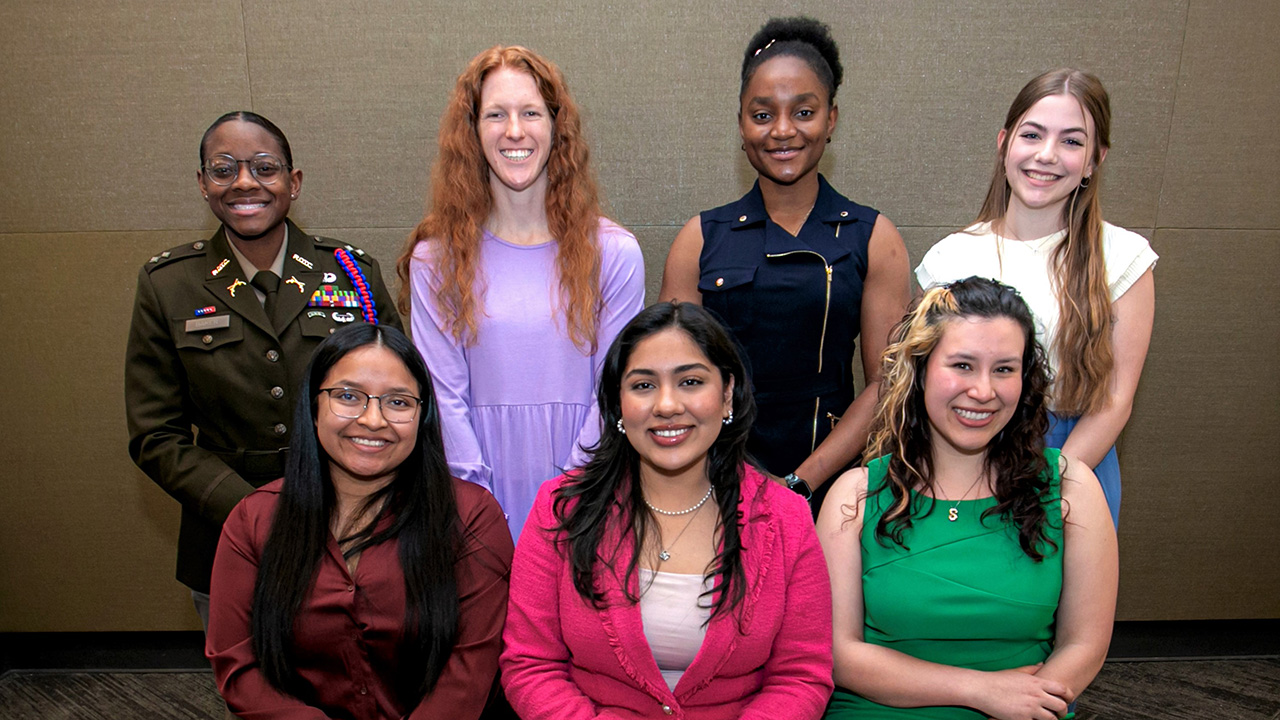UNG to collaborate with Georgia FinTech Academy

Article By: Clark Leonard
Payment processing firms in Georgia handle 70 percent of all U.S. credit, debit and gift card transactions. The financial technology industry, commonly referred to as "fintech," generates annual revenue of more than $72 billion for more than 50 companies in the state's "Transaction Alley."
Those numbers from the Georgia Department of Economic Development (GDEcD) underscore why the University of North Georgia (UNG) will collaborate with the Georgia FinTech Academy. The academy is a partnership between the University System of Georgia (USG) and the fintech industry that aims to train workers for this emerging sector.
"We are in a prime location to be a provider of talent for the fintech industry," said Dr. Mary Gowan, dean of UNG's Mike Cottrell College of Business (MCCB). "That's why we're excited to be part of the Georgia FinTech Academy initiative. We are already in discussions about where we want to go with that in the future to expand our programs and opportunities for our students at the undergraduate and graduate levels."
Courses available to UNG students as the partnership starts in fall 2019 are "Foundations of FinTech," "Financial Technologies" and "Commercial Banking and Fintech." UNG will incorporate online classes from the academy into its computer science and information systems (CSIS) and economics and finance curriculums as electives.
UNG plans to eventually offer its own fintech-related courses in the Mike Cottrell College of Business.
Ash Mady, department head of CSIS at UNG, is developing a blockchain course as one of UNG's eventual fintech offerings. Blockchain is a digital record database. Mady said in the early stages UNG will look to add modules to current CSIS classes to address fintech. UNG's federal designation as a National Center of Academic Excellence in Cyber Defense Education ties in well with the Georgia FinTech Academy.
"This is a natural direction for us," Mady said.
Mady said the rollout of fintech classes through the academy provides a low-risk method for UNG to gauge student interest in the topic as it looks to expand its curriculum to include more courses in the field.
"Once students are in these courses, I am sure that will open opportunities for them to pursue this further," Mady said.
Students interested in taking the fintech classes for UNG credit can email Mady at ash.mady@ung.edu to receive more info.
More than $208 million has been invested in fintech in Georgia since 2013, according to the GDEcD. The USG announced the launch of Georgia FinTech Academy, which is physically based out of Georgia State University's Robinson College of Business in Atlanta, in September 2018.
"Continued growth and expansion of Georgia’s fintech sector is predicated on meeting an escalating demand for talent, including producing 5,000 new hires by 2020 — 95 percent of whom must possess industry-specific functional experience," according to the USG news release announcing the academy.
The curriculum was developed in conjunction with fintech employers to address their priority needs. It will span the 26-institution USG with virtual access to online courses and degrees through USG's eCampus and cloud-based talent development programs.



